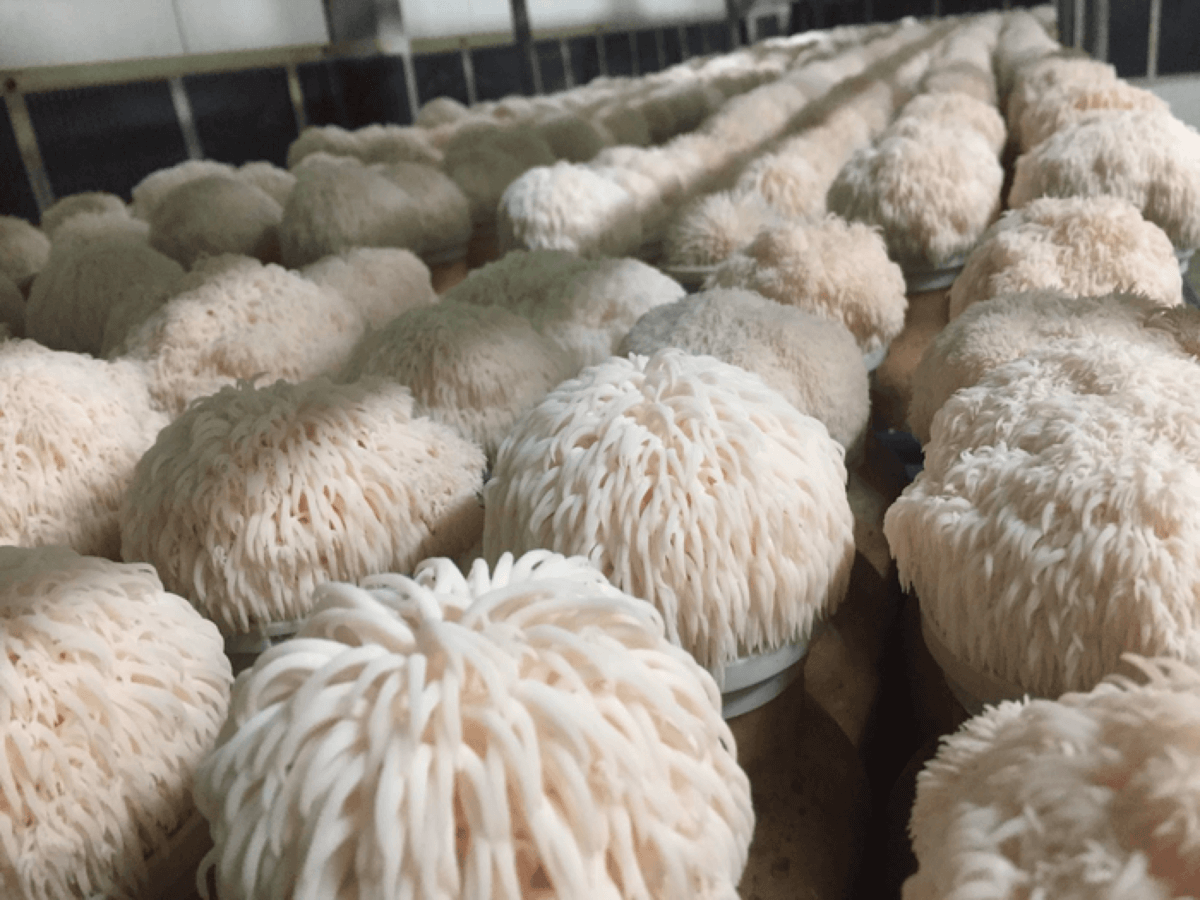
Researchers found lion's mane mushroom improved brain cell growth and memory in pre-clinical trials. (CREDIT: UQ)
BRISBANE, Australia — When it comes to promoting a stronger memory at any age through diet, most doctors and nutritionists point patients and clients toward lots of berries, seafood, and leafy green vegetables. Now, however, fascinating new findings suggest that mushrooms can also benefit memory in a major way.
To be clear, we're only talking about one variety of edible mushroom: Hericium erinaceus, often referred to as lion's mane mushroom. The research team at the University of Queensland report newly discovered active compounds found in that mushroom helped improve both brain cell growth and memory in pre-clinical trials.
“Extracts from these so-called ‘lion’s mane’ mushrooms have been used in traditional medicine in Asian countries for centuries, but we wanted to scientifically determine their potential effect on brain cells,” Professor Frederic Meunier from the Queensland Brain Institute says in a university release.
“Pre-clinical testing found the lion’s mane mushroom had a significant impact on the growth of brain cells and improving memory,” Meunier continues. “Laboratory tests measured the neurotrophic effects of compounds isolated from Hericium erinaceus on cultured brain cells, and surprisingly we found that the active compounds promote neuron projections, extending and connecting to other neurons.”
“Using super-resolution microscopy, we found the mushroom extract and its active components largely increase the size of growth cones, which are particularly important for brain cells to sense their environment and establish new connections with other neurons in the brain.”
Could mushrooms prevent Alzheimer's?
Study co-author Dr. Ramon Martinez-Marmol believes this revelation may help develop various new treatments against neurodegenerative cognitive disorders such as Alzheimer’s disease and other forms of dementia.
“Our idea was to identify bioactive compounds from natural sources that could reach the brain and regulate the growth of neurons, resulting in improved memory formation,” Martinez-Marmol comments.
Notably, Dr. Dae Hee Lee from CNGBio Co, which supported and collaborated on this research project, also notes that people have been using lion’s mane mushrooms to treat various ailments and promote strong health among traditional Chinese medicine circles since ancient times.
“This important research is unravelling the molecular mechanism of lion’s mane mushroom compounds and their effects on brain function, particularly memory,” Dr. Lee concludes.
The study appears in the Journal of Neurochemistry.










